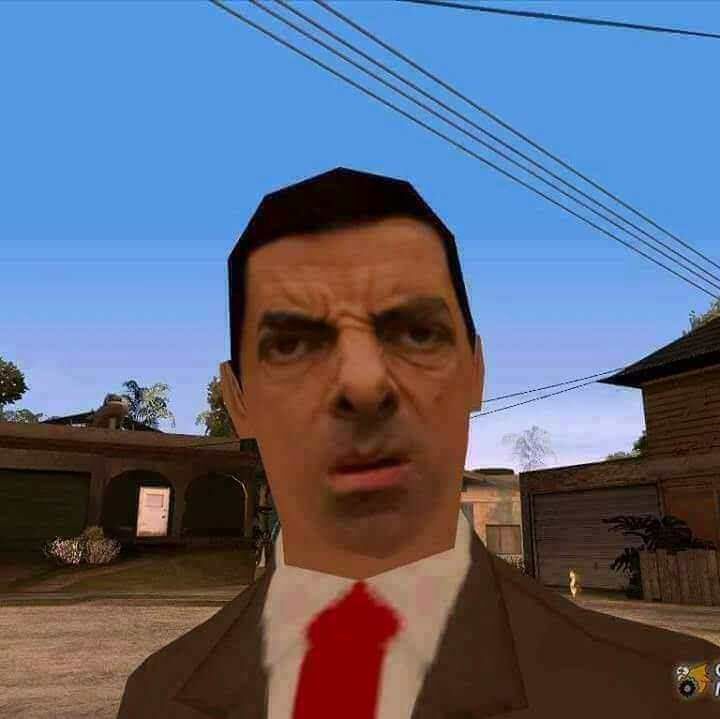The history of internet memes is a fascinating journey that reflects the evolution of digital culture, communication, and technology. Memes, as we know them today, are humorous, relatable, or thought-provoking pieces of content—images, videos, phrases, or ideas—that spread rapidly across the internet. However, their origins and development are deeply rooted in the early days of online communities and the human desire to share ideas in creative ways.
The Pre-Internet Era: The Concept of Memes
The term “meme” was first coined by evolutionary biologist Richard Dawkins in his 1976 book The Selfish Gene. Dawkins used the word to describe how cultural information spreads, similar to how genes transmit biological information. He defined a meme as a unit of cultural transmission, such as a catchy tune, a fashion trend, or a popular saying. While Dawkins’ concept was theoretical, it laid the groundwork for understanding how ideas could replicate and evolve in human culture.
The Early Internet: Birth of Digital Memes
In the 1990s, as the internet became more accessible, the concept of memes began to take on a digital form. Early internet memes were often simple text-based jokes or chain emails. For example, the “Dancing Baby” (1996), a 3D-rendered animation of a baby dancing to a looping soundtrack, became one of the first viral internet memes. It spread through email forwards and early online forums, showcasing how digital content could capture the public’s imagination.
The Rise of Image Macros and Forums
The 2000s marked a significant shift in meme culture with the rise of image macros—images overlaid with humorous text. Platforms like 4chan, Something Awful, and Reddit became breeding grounds for meme creation and sharing. Memes like “LOLcats” (images of cats with funny captions written in broken English) and “Rickrolling” (a prank where users were tricked into clicking a link that led to Rick Astley’s music video) became iconic. These memes thrived on their simplicity, relatability, and the collaborative nature of online communities.
Social Media and the Meme Explosion
The advent of social media platforms like Facebook, Twitter, and Instagram in the late 2000s and early 2010s revolutionized meme culture. Memes became more accessible and shareable, reaching a global audience. Platforms like Tumblr and Reddit allowed niche communities to create and spread memes tailored to specific interests. Memes like “Grumpy Cat,” “Distracted Boyfriend,” and “Pepe the Frog” became cultural phenomena, often transcending the internet and entering mainstream media.
The Era of Video Memes and Remix Culture
With the rise of platforms like YouTube, TikTok, and Vine (before its shutdown), video memes gained popularity. Short, looping videos with humorous or absurd content became a staple of internet culture. Vine’s six-second format, for example, gave birth to countless viral trends and catchphrases. TikTok, with its algorithm-driven content discovery, has further accelerated the creation and spread of memes, often involving music, dance, and remix culture.
Memes as a Form of Communication
Today, memes are more than just jokes—they are a language of their own. They are used to comment on politics, social issues, and pop culture, often serving as a form of satire or protest. Memes like “Wojak,” “Dank Memes,” and “Surreal Memes” reflect the internet’s ability to create complex, layered humor. They also highlight the collaborative and participatory nature of online culture, where users constantly remix and reinterpret existing content.
The Future of Memes
As technology continues to evolve, so will memes. Artificial intelligence, augmented reality, and virtual reality are likely to play a role in the next generation of meme creation. Memes will continue to adapt to new platforms and cultural contexts, remaining a vital part of how we communicate and connect in the digital age.
In conclusion, the history of internet memes is a testament to the creativity and adaptability of online communities. From simple text jokes to complex multimedia content, memes have become a universal language that reflects the ever-changing landscape of the internet and human culture.

